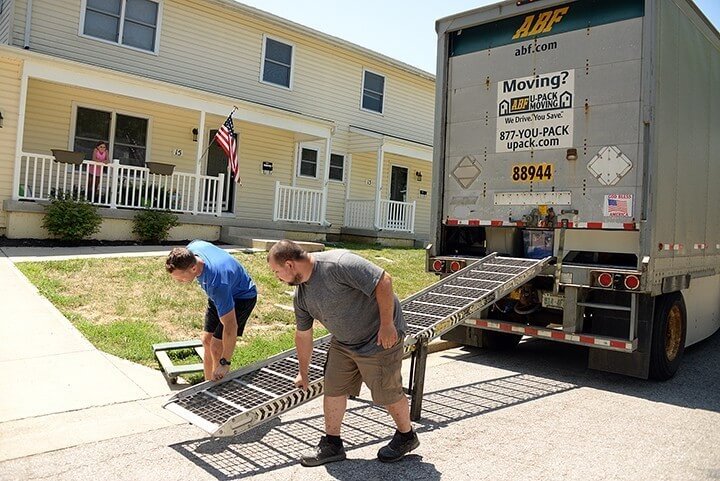The Department of Defense terminated a multi-billion dollar contract with its lead household goods moving company after the contractor failed “to fulfill their obligations and deliver high quality moves to Service members.”
The Global Household Goods Contract (GHC) with HomeSafe Alliance was awarded nearly four years ago, with a contract ceiling value of $20B and a potential nine-year term, according to a press release. The terms made HomeSafe “the exclusive household goods move management service provider for the U.S. Armed Forces, Department of Defense civilians and their families.”
The Pentagon statement in June announcing the contract termination for cause also included information that Secretary of Defense Pete Hegseth was launching a new task force to make “immediate improvements to the DoD Personal Property Program.”
“The JTF is currently reviewing the entire PCS process to rapidly identify additional actions to better the moving experience now,” the release added.
Megan Harless, a longtime advocate for military families struggling with the permanent change of station (PCS) process and founder of PCS Like A Pro, believes ending the contract is a good first step toward improving what families go through while changing duty stations.
“It’s a good feeling that, finally, the DOD saw the issues that were happening and was hearing our voices saying, ‘This isn’t right and something needs to be done,’ and then actually taking actionable steps to try to improve things,” Harless said.

Harless, who was named both the Military.com Spouse Changemaker of the Year and Armed Forces Insurance Red River Army Depot Military Spouse of the Year in 2020, was given the opportunity to serve on a U.S. Transportation Command advisory committee before the contract was awarded in 2021.
“It really felt like our voices weren’t heard,” she said. “We didn’t know if they were hearing what the issues and concerns were, if they were really taking those into consideration. It was kind of like, we have this big contract, and it’s worth billions of dollars, so we’re just going to kind of push through with it and hope that it kind of works.”
According to Harless, it seemed that instead of fixing existing issues, the HomeSafe Alliance contract highlighted exactly what was wrong with the process in the first place. Some common concerns she cited were lack of customer service communication, unconfirmed pack dates falling through due to failed coordination with local agents, and deliveries of household goods up to six weeks later than originally promised.
“We’ve seen privatization happen time and time again in our military quality of life sectors, and we’ve seen it fail time and time again,” she said. “But we always held a sliver of hope that this contract would work. Over time, that sliver of hope diminished and eventually disappeared.”
To address the contract being terminated during peak moving season, the Department of Defense has handed in-process moves back to the legacy “Tender of Service” (TOS) system, as well as giving families who choose to proceed with Personally Procured Moves (PPMs) an increased reimbursement rate.
“In Megan’s Perfect World, I think we forget the GHC as a whole,” Harless suggested. “We gave it a good try, we wasted a lot of money on it, and it yielded very little positive result.”
She hopes that the Department of Defense will instead continue with a combination of moves through individualized TOS contracts or PPMs at the higher reimbursement rate.
“We can make it more geared towards taking care of the actual service family, and not just, ‘How do we save a few bucks on our budget list,’” she said.
The PCS Joint Task Force must provide the defense secretary with a strategic path forward on enduring relocation process reforms by September 2025.









































